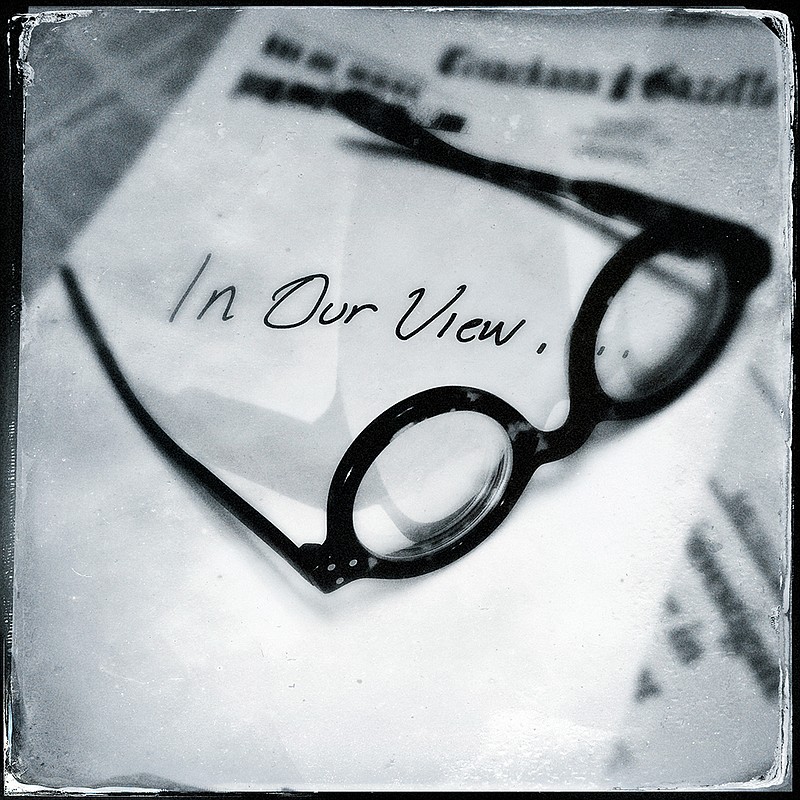On Friday, the U.S. Supreme Court ruled 5-4 to reject a California church's challenged to the state's COVID-19 restrictions on holding services with the congregation in attendance.
South Bay United Pentecostal Church in Chula Vista brought the lawsuits charging an order issued by California Gov. Gavin Newsom violated the Fist Amendment guarantee of religious freedom.
In late May, Newsom set a limit of 25% of a sanctuary's seating capacity, up to a maximum of 100 people, at church services.
The court lined up along liberal and conservative line, four justices voting for the church and four for the state.
Chief Justice John Roberts, normally part of the conservative faction, broke ranks and joined the liberal wing to make a majority.
"Although California's guidelines place restrictions on places of worship, those restrictions appear consistent with the free exercise clause of the First Amendment," he wrote.
Justice Brett Kavanaugh, writing in dissent, argued the restictions singled out places of worship.
"The state cannot assume the worst when people go to worship but assume the best when people go to work or go about the rest of their daily lives in permitted social settings," he wrote.
Roberts rejected that argument, writing the order was similar too, and in many cases less restrictive, than those imposed on "secular gatherings, including lectures, concerts, movie showings, spectator sports and theatrical performances."
In addition, the court rejected arguments in a similar Illinois cases filed by two chuches.
Roberts emphasized states have the authority to impose restrictions even on places of worship during emergencies as long as they were not singled out or treated differently from other gathering places.
Which, in our view, is the correct call.
One can argue all day about whether the coronavirus pandemic justifies the various state restrictions. Needless to say that argument seems to be endless on social media these days and has been the subject of public protest. But that wasn't the question here. The court ruling simply affirmed the authority of a state to impose restrictions during a serious emergency of any kind.
Religion must be treated with constitutional care. But they do not qualify for a blanket exemption. The restrictions are on the physical plant, not the spirit of the congregation.

